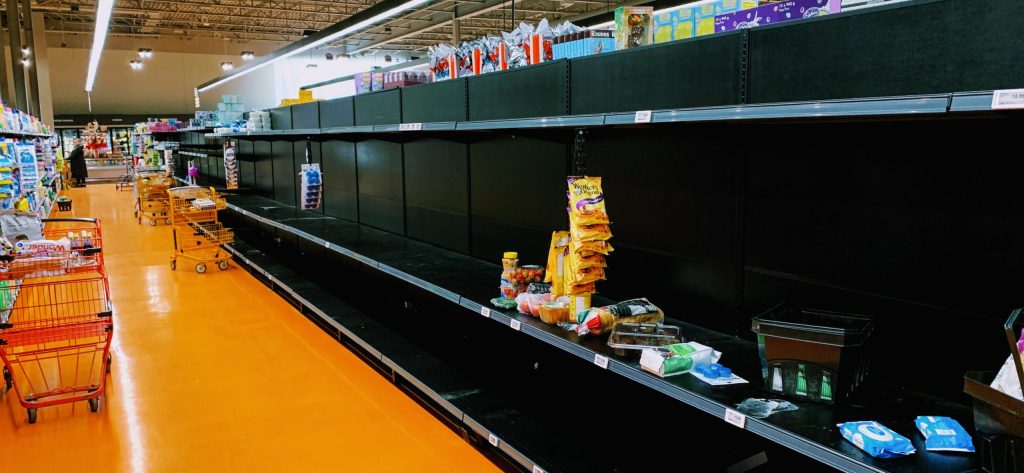This is an Eval Central archive copy, find the original at cense.ca.

The complexities and complications of circumstances tied to the COVID-19 pandemic represent a hyper-exaggerated version of situations organizations find themselves in moments of disruption due to economic, social, and technological shifts. It is a moment of innovation.
What makes the current situation distinct is that the issues are global. Usually we have safe refuge in a new market, region, or setting, but now we don’t. How can we develop or implement strategy when things are continually changing for us and our partners, suppliers, and customers or clients?
Smallest Visible Systems (SVS)
Systems thinking helps us to understand how things are connected and structured, while complexity science can help us appreciate the challenges associated with how to understand the nature of the problems that present themselves. What both can teach us is that in times that are truly unprecedented in their complexity and scope it can be difficult to know what to do and how to act.
The temptation with systems approaches to strategy is to look at the whole system, but that is dependent upon whether we can see the boundaries of the system to help us understand the range of activities we need to consider in developing a model to guide us.
- Coherence is what we are seeking. In order to achieve coherence, we need to take some kind of action (often called a probe) and then see what that does. This helps us to examine how the system is behaving and how an action generates reactions and where (or whether) coherence forms. Coherence is basically a way of saying that things go together with some manner of alignment where
- Seeing or creating coherence is about meaning and meaning is context-dependent. What is meaningful for us depends on our circumstances, but it also provides us with a means to focus our attention amid the various signals we’re getting. Various patterns, relationships, interconnections and signals that we see that align together and create something meaningful are coherent.
- Coherence also provides us with a language to communicate. When you observe coherence it begins to create a language you can use to communicate to others about what you’re seeing. When we look at what is happening at a societal level, its difficult to find what coherent narratives are actionable. At a smaller level, we might find them and this allows us to communicate more fully with others and this will allow us to scale and grow our learning.
This is the smallest visible system (SVS) in which you can make a difference. Once you can act wisely on this system, you can expand the boundaries and scope to work larger.
Acting on Systems
What this means for action is this:
- Pay attention to what is going on around you. Ask yourself: what is important and meaningful to me?
- Be systematic, but not rigid, in how you pay attention. This could mean looking at sales numbers, social trends, meeting minutes and observations from everyday life. If you’re working in teams, ask people about what they are paying attention to and what has meaning for them. What things are they organizing their work or life around? Reflective journaling can help, too. This is data.
- Gather the meaning. Bring together those things that offer some coherence to see how they make sense for what you are doing, seeking to become, or what you wish to accomplish. This is a social process called sensemaking. By guiding yourself through the data it’s possible to see patterns and what is called emergent properties — new forms of order arising from what might seem unordered.
- Start to act on this new coherence narrative and then repeat the cycle from step 1.
This will help you to determine what is useful and not useful for you in whatever context you are operating in. It’s a simple, but powerful means to start the journey toward a greater understanding of your present situation and help you see how and where you can act, whether that is in a time of massive upheaval or something merely disruptive.
Keep safe and know there’s more that you can do than you realise.
If you need help in setting this process up, implementing it, and making sense of it all, reach out. This is what we do.